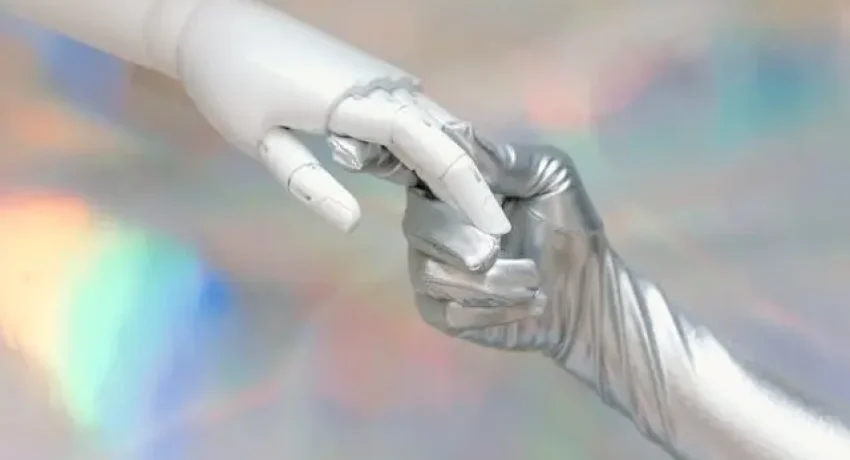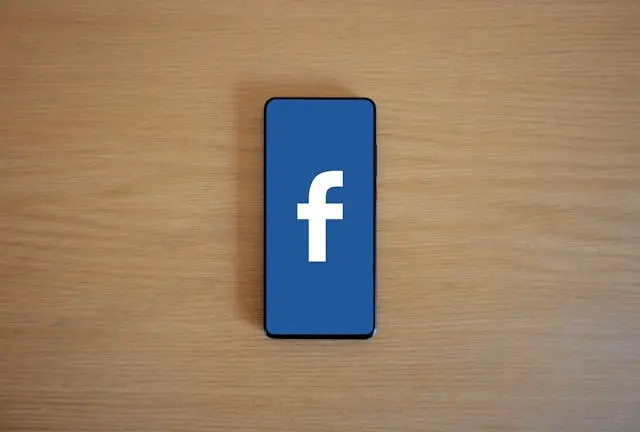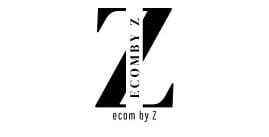WILL AI REPLACE HUMAN JOBS COMPLETELY?
As a seasoned tech CEO and data scientist, I’ve witnessed artificial intelligence (AI) evolve from a theoretical concept to a technological force revolutionizing nearly every industry. In 2025, AI is no longer on the horizon—it is here, embedded in our lives, businesses, and institutions. But with this evolution comes a persistent and pressing question: Will AI take my job away?
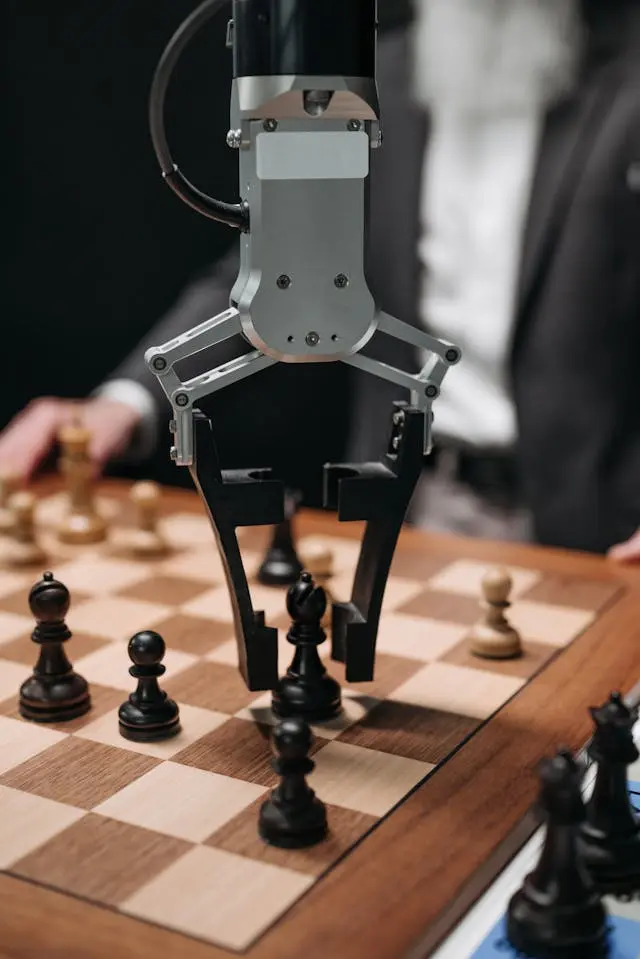
THE REALITY: JOBS LOST, JOBS CREATED
The answer is complex. On one hand, AI has undeniably displaced certain roles. According to the World Economic Forum’s 2025 Future of Jobs Report, 85 million jobs are expected to be displaced globally due to automation and AI. Roles such as data entry clerks, payroll clerks, and administrative assistants are among the most affected.
Take self-checkout machines in retail, for instance. These systems have replaced thousands of cashier roles in global markets, cutting costs and streamlining operations. Similarly, AI-powered chatbots now handle over 70% of customer queries across major industries, from banking to e-commerce, with remarkable efficiency.
But here’s the other side: the same report estimates that 97 million new roles will be created—roles better suited to the division of labor between humans and machines. These include AI specialists, data analysts, machine learning engineers, and roles in green energy, education, and digital marketing.
AUGMENTATION, NOT REPLACEMENT
The narrative that AI is here to “take over” is not only misleading—it’s incomplete. AI tools in 2025 are increasingly designed to augment human intelligence, not replace it. They automate repetitive, time-consuming tasks, enabling professionals to focus on higher-value work.
For instance, ChatGPT and other advanced language models now assist professionals in customer service, legal research, medical diagnostics, and even journalism. But these models require human input, judgment, and oversight. They don’t replace expertise—they elevate it.
Let’s consider the healthcare industry: AI diagnostic tools, trained on vast datasets, now outperform radiologists in detecting certain cancers. Yet, they function as decision-support systems, not autonomous doctors. The final decisions still rest with human professionals who bring empathy, ethics, and context into the mix.
AI AS A FORCE MULTIPLIER

When integrated properly, AI acts as a force multiplier. According to a 2025 report by McKinsey & Company, organizations that have adopted AI at scale report a 30–50% improvement in operational efficiency. This is not because machines have replaced humans—it’s because humans and machines are working in synergy.
Customer service teams using AI-enhanced platforms report 60% faster response times, while logistics firms leveraging AI-driven route optimization are saving millions in fuel and labor costs. In marketing, generative AI tools are helping content creators increase output by 40%, while still retaining creativity and strategy as core human roles.
THE HUMAN EDGE: CREATIVITY, EMPATHY, JUDGMENT
AI may write code, draft emails, and analyze terabytes of data in seconds—but it cannot replace what makes us distinctly human: creativity, empathy, and moral judgment.
A 2025 MIT study revealed that while AI could replicate 80% of basic tasks in creative fields, it struggled with originality and contextual nuance. Human designers, writers, and artists still lead the way in innovation, with AI serving more as a digital canvas than an autonomous creator.
In education, AI can personalize learning paths, but teachers bring compassion, cultural sensitivity, and mentorship. In leadership, AI may offer data-driven insights, but only humans can inspire teams, manage conflict, and drive vision with emotional intelligence.
AI IS CREATING ENTIRELY NEW CAREER PATHS
Far from destroying the workforce, AI is also reshaping it. In 2025, the demand for AI literacy has skyrocketed. According to LinkedIn’s Emerging Jobs Report, five of the top ten fastest-growing roles globally are AI-related, including:
- Machine Learning Engineer
- AI Ethicist
- Prompt Engineer
- Data Privacy Officer
- Automation Strategist
Countries are responding by re-skilling their populations. In Pakistan, for example, the Digital Pakistan Skills Initiative has trained over 1.2 million people in emerging tech skills since 2022, including AI, cloud computing, and cybersecurity.
Similarly, large corporations are investing in internal upskilling programs. Amazon’s “AI Ready” initiative, launched in 2023, aims to train 2 million employees in generative AI skills by the end of 2025.
ETHICAL CHALLENGES AND RESPONSIBILITY
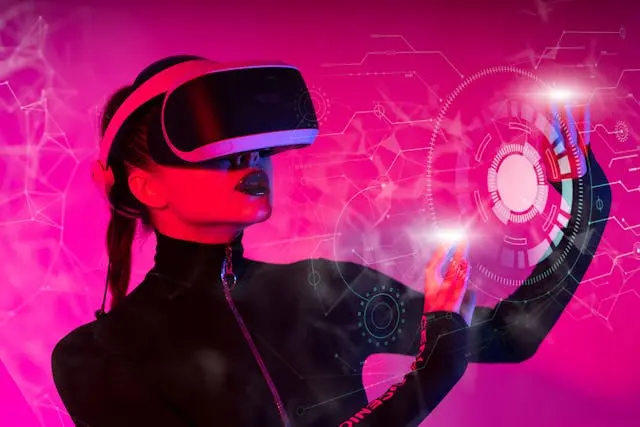
Despite these advances, the adoption of AI is not without ethical complications. Biased algorithms, data privacy violations, and socioeconomic inequality are serious concerns.
For instance, a 2025 investigation by the Electronic Frontier Foundation found that 38% of AI hiring tools used globally exhibited some form of racial or gender bias in candidate selection. This underlines the importance of ethical AI design, transparency, and robust regulation.
Companies must take responsibility for fair AI use, ensuring transparency, accountability, and equity. This means building diverse teams to reduce algorithmic bias, enforcing regulations on data handling, and investing in public awareness.
HUMAN-CENTRIC AI: THE PATH FORWARD
The future of work doesn’t belong to AI—it belongs to humans who know how to work with AI.
A human-centric approach means recognizing where AI adds value and where it does not. It involves using AI to automate drudgery and enhance productivity, while reserving judgment-based, empathetic, and creative tasks for people.
This vision is already materializing. From automated recruitment platforms that eliminate administrative overhead to smart assistants that summarize meetings and manage tasks, AI is streamlining work—not eliminating it. At the same time, professionals are finding more time for strategy, innovation, and relationship-building.
EMBRACE THE CHANGE, FUTURE-PROOF YOUR SKILLS
The rise of AI is not a threat—it’s a wake-up call. To stay relevant, professionals must continuously learn, adapt, and evolve. Those who embrace change and commit to lifelong learning will thrive.
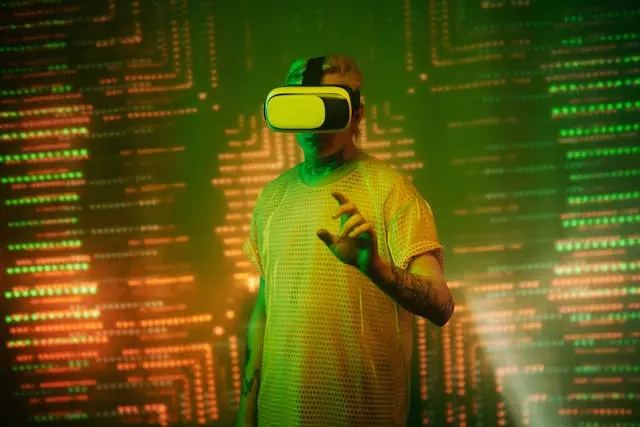
Here’s how to future-proof your career in the age of AI:
- Learn to work with AI tools – Get hands-on experience with platforms like ChatGPT, Midjourney, or TensorFlow.
- Develop uniquely human skills – Focus on creativity, critical thinking, leadership, and emotional intelligence.
- Stay informed – Follow AI trends and industry shifts. Subscribe to credible newsletters and attend webinars.
- Get certified – Explore AI and data science courses on Coursera, edX, and LinkedIn Learning.
- Join the conversation – Participate in AI ethics forums, conferences, and think tanks.
CONCLUSION: CHALLENGE OR CATALYST?
So, will AI take your job away? Maybe—if your job is repetitive, easily automated, and resistant to change. But for most, AI is not a threat—it’s a catalyst for transformation.
With the right mindset, strategic adaptation, and a willingness to grow, AI can become your greatest ally in the workplace—not your competitor.
In 2025 and beyond, the question isn’t “Will AI take my job?” but “How can I use AI to do my job better?” Those who answer that wisely are already shaping the future.


